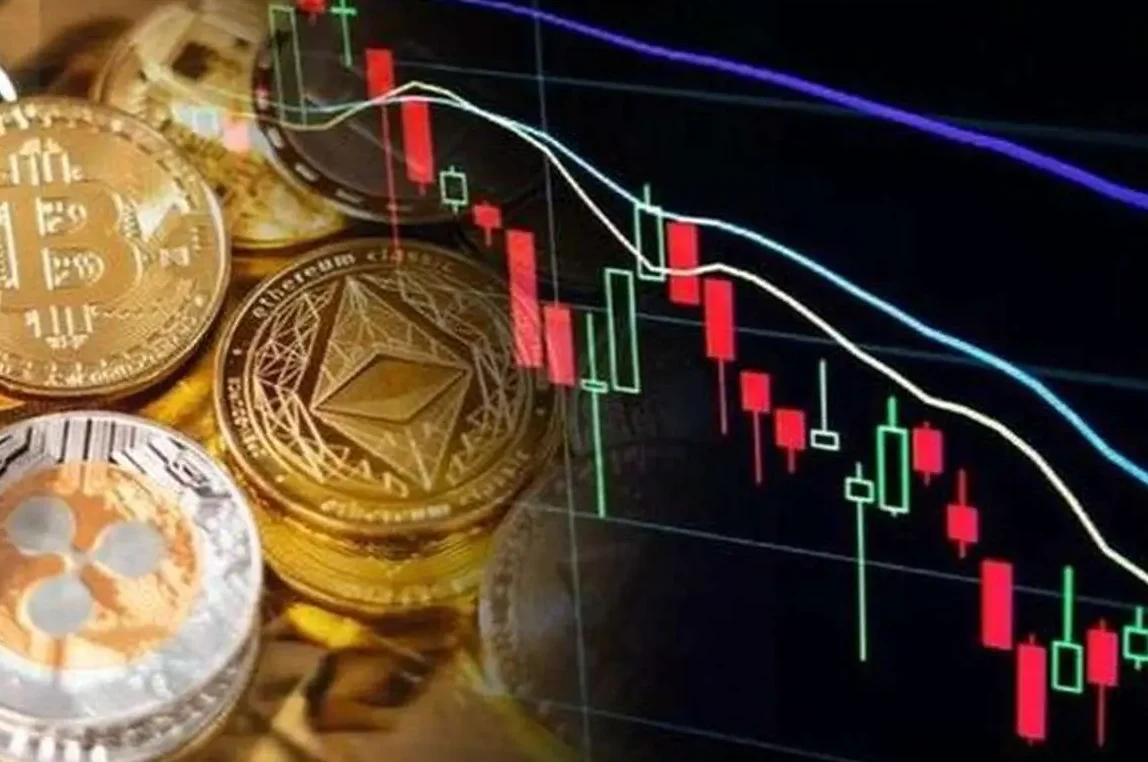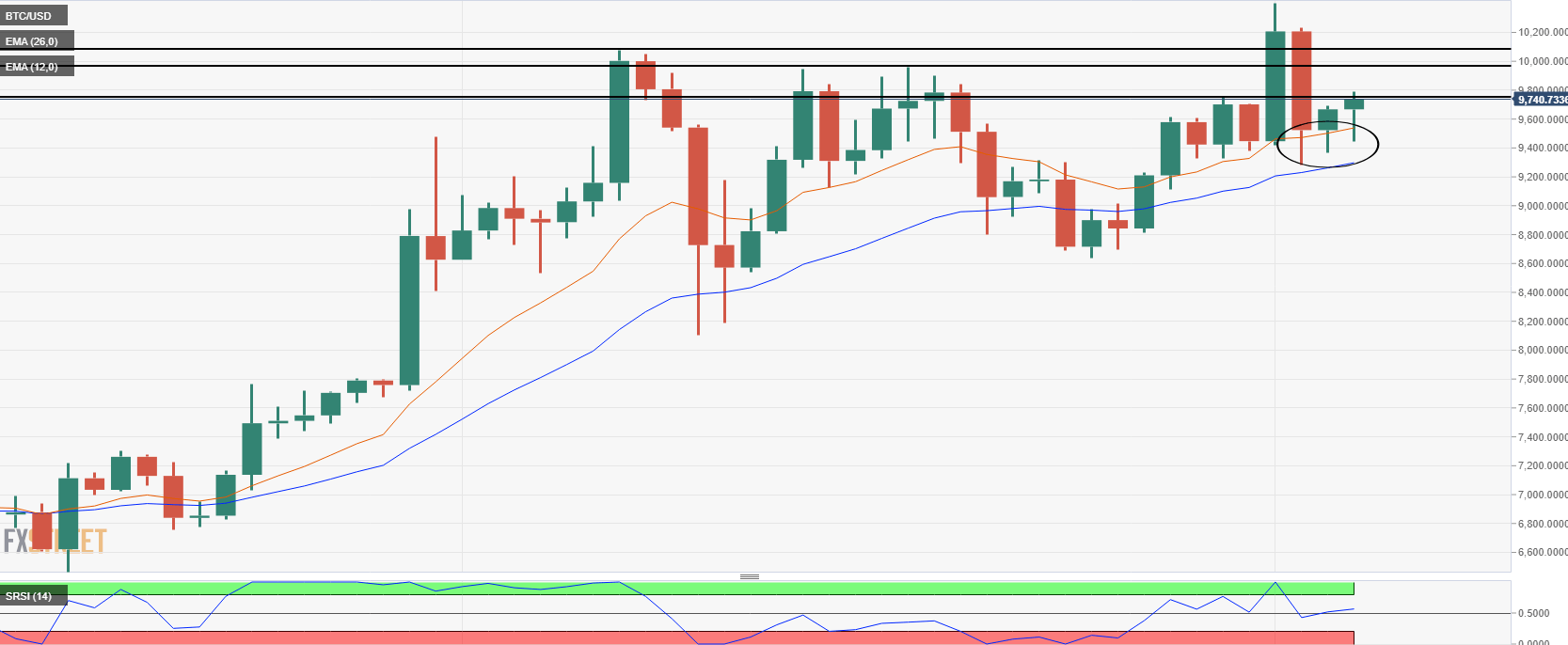With Bitcoin (BTC) and Ether (ETH) declining sharply with mounting geopolitical concerns and U.S. trade policy changes, the Bitcoin market has been under pressure recently. The most recent developments regarding the tariffs imposed by President Donald Trump on imports from China, Mexico, and Canada have further taxed digital assets and caused a notable decline in their pricing. Many wonder whether a recovery is feasible or if professionals have given up hope for now, considering the market’s challenges.
Cryptocurrency Market Decline
Two of the most well-known Cryptocurrencies, Bitcoin and Ether, have not escaped the negative consequences of Trump’s new tariff policy. Declaring new trade restrictions and growing tensions between the United States and other big nations have raised widespread worries about world economic stability. Investors in cryptocurrencies have turned to safer assets, which has reduced demand for riskier investments, including digital currencies.

Previously on an increasing trend, Bitcoin witnessed a dramatic drop of around 10% to reach $91,695.8 at its lowest point. The second-largest cryptocurrency by market value, ether, fell by more than 26% to reach its lowest point in almost four years at $2,135. These declines fit a larger pattern of declining investor confidence in the market brought on by worries about inflation and financial instability, brought on by world trade conflicts.
Not just Bitcoin and Ether, but also other cryptocurrencies show a declining value. Further altcoins that have suffered are XRP and Solana. Solana dropped almost 7.5%; XRP lost almost 23% of its value. The crypto market is seeing a broad-based sell-off as the tariff crisis develops, as traders and investors flee into conventional, less volatile assets such as gold and government bonds.
Bitcoin Market Outlook
Experts and market analysts have presented different opinions on the future of the bitcoin sector. Some warn that Bitcoin’s value may drop considerably more and reach less than $7,500 should the trade war between the United States and other countries continue or intensify. Extended geopolitical volatility could aggravate the gloomy trend in traditional asset markets and cryptocurrencies, thereby prolonging uncertainty in digital currencies.
Others are not as negative and contend that astute investors may find a buying chance in the current downturn. Markus Thielen, founder of 10x Research, thinks retail investor uncertainty and stop-loss triggers are primarily responsible for the present market downturn. He noted that although the tariff announcements were expected, the degree of their influence was not wholly reflected in the market, which resulted in the recent rather severe sell-offs.
Furthermore, Thielen mentions the relatively immature nature of cryptocurrencies in terms of market maturity, which causes their price swings to be rather responsive to outside events. Thielen says that the present volatility may finally settle down, giving individuals waiting for a downturn a chance to join the market at better rates.
Bitcoin Market investments
Though Trump’s tariffs create temporary difficulties, several analysts still expect the bitcoin market to bounce back in the following months. The assumption that the Federal Reserve could act to relieve economic pressure, such as lowering interest rates, is one of the key elements fueling this hope. Lower interest rates historically have encouraged more investments in riskier assets like cryptocurrency as investors hunt for better returns.

The forthcoming May 6–7 Federal Reserve meeting should clarify the central bank’s interest rate policies. Demand for cryptocurrencies and other high-risk assets may revive if the Fed indicates that it is veering toward rate reductions.
Furthermore, many analysts note the increasing institutional interest in cryptocurrencies as a long-term bullish indication despite the tariff-induced volatility. Big financial institutions, hedge funds, and publicly traded firms have progressively included cryptocurrencies in their portfolios, signaling a general acceptance of digital currencies. By helping to stabilize the market and create the basis for future expansion, this institutional acceptance may offer a cushion against transient market swings.
Final thoughts
The cryptocurrency market’s present situation is uncertain; the effect of Trump’s tariffs has caused major drops in Bitcoin and Ether. Trade conflicts between the United States and other nations have created a challenging climate for digital assets, which has lowered investor confidence and driven a change toward safer investments. Though the market is undoubtedly having difficulties, not all analysts have given up hope for a comeback.
While some analysts see a buying opportunity in the slump, others warn that more drops could be in store if trade tensions remain low. Investors need to stay updated and carefully consider their alternatives as circumstances change. Along with any further adjustments in world trade relations, the forthcoming Federal Reserve meeting will probably greatly influence the direction in which the bitcoin market moves next.

